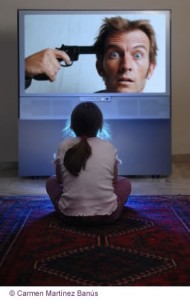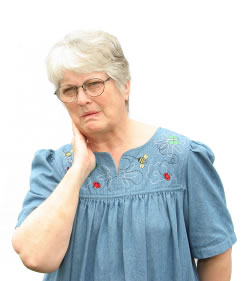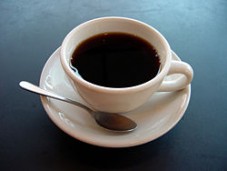Benedict Carey suggests its the situation, not moral character, that often guides behavior in this New York Times feature “Stumbling Blocks on the Path of Righteousness ”
Most people are adamant: They would never do it. Ever. Never deliberately inflict pain on another person, just to obtain information. Ever artificially inflate the value of some financial product, just to take advantage of others’ ignorance. Certainly never, ever become a deadbeat and accept a government bailout.
In experiments as in life, the holier-than-thou effect diminishes quickly when people have actually had the experience they are judging: dubious accounting practices will appear less shady to the person who has had to put a good face on a failing company. And the effect is apparently less pronounced in cultures that emphasize interdependence over individual achievement, like China and Spain.
Link to continue reading
Source: New York Times

istockphoto
A new children’s study suggests that children who view adult-targeted TV and movies may become sexually active earlier in life. The early onset of sexual activity among teens may relate to the amount of adult content children were exposed to during their childhood, according to a new study released by
Children’s Hospital Boston. Based on a longitudinal study tracking children from age six to eighteen, researchers found that the younger children are exposed to content intended for adults in television and movies, the earlier they become sexually active during adolescence. The findings are being presented at the
Pediatric Academic Societies meetings on Monday, May 4 in Baltimore.
[continue reading…]

© iStockphoto.com
Obesity and arthritis that take root during early and middle age significantly contribute to women’s decreased quality of life during their senior years, according to researchers at Duke University Medical Center.
In a study that included 5,888 people over 65, women suffered up to two and a half times more disabilities than men of the same age.
Higher rates of obesity and arthritis among these women explained up to 48 percent of the gender gap in disability — above all other common chronic health conditions. [continue reading…]

iStockphoto
ver miss your daily cup of coffee and subsequently get a pounding headache? According to reports from consumers of coffee and other caffeinated products, caffeine withdrawal is often characterized by a headache, fatigue, feeling less alert, less energetic and experiencing difficulty concentrating. Researchers from the University of Vermont College of Medicine and Johns Hopkins School of Medicine sought to investigate the biological mechanisms of caffeine withdrawal in a paper published recently in the online edition of the scientific journal Psychopharmacology. They looked at brain electrical activity and blood flow during caffeine withdrawal to examine what was taking place physiologically during acute caffeine abstinence, including the likely mechanism underlying the common caffeine withdrawal headache.
[continue reading…]



